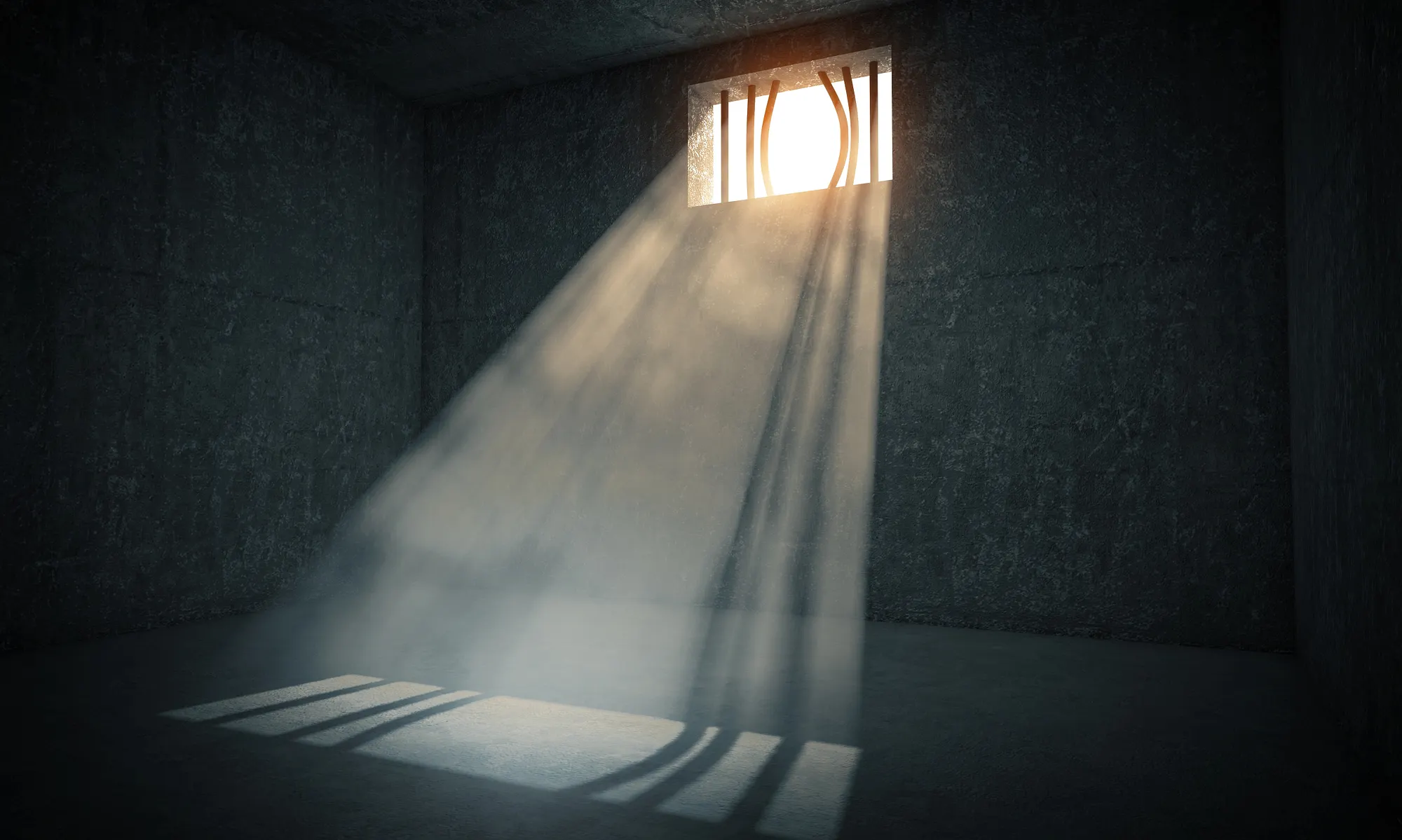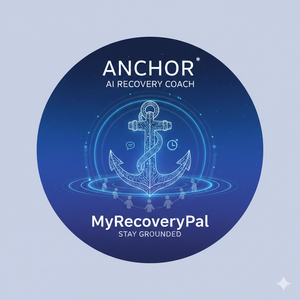
There’s a letter Bill W. wrote to AA members during Christmas 1944 that I keep coming back to in my recovery journey. In it, he talks about being “privileged” to understand how strength rises from weakness. The first time I read it, still shaky in early sobriety, I thought he was out of his mind. Privileged? To be an addict? To have destroyed everything I’d built?
But here’s the thing about addiction recovery that nobody tells you when you’re drowning in shame at your first meeting: the very thing that brought you to your knees becomes the thing that teaches you how to truly stand.
The Paradox of Our Suffering
When Bill W. wrote about “the divine paradox that strength rises from weakness,” he was capturing something that sounds like absolute nonsense to anyone who hasn’t lived it. How can humiliation lead to resurrection? How can pain be the “touchstone of spiritual rebirth”?
“How privileged we are to understand so well the divine paradox that strength rises from weakness, that humiliation goes before resurrection; that pain is not only the price but the very touchstone of spiritual rebirth. Knowing its full worth and purpose, we can no longer fear adversity, we have found prosperity where there was poverty; peace and joy have sprung out of the very midst of chaos. Great indeed our blessings!”
The answer lies in what we learn through our self-inflicted struggle. Those of us in recovery from addiction have conducted the ultimate life experiment. We’ve tried to fill the void with everything external — substances, validation, achievements, relationships — only to discover what the author of Ecclesiastes knew thousands of years ago: it’s all meaningless when used as a substitute for genuine connection and purpose.
The Privilege Hidden in Pain
This is where the paradox gets interesting. Through our addiction, we’ve gained something most people never receive: absolute certainty about what doesn’t work. We know, with every fiber of our being, that external things cannot fix internal problems. We’ve tested this hypothesis to destruction — literally.
In recovery meetings, you’ll hear people say they’re “grateful to be an alcoholic” or “blessed to be an addict.” To outsiders, this sounds insane. But what we’re really saying is: we’re grateful for the clarity that came from our suffering. We’re blessed with the knowledge that comes from having tried everything else first.
From Chaos to Clarity
The transformation in addiction recovery isn’t just about stopping drinking or using. It’s about the complete restructuring of how we understand life itself. When you’ve lost everything — relationships, trust, self-respect — and then slowly rebuilt from nothing, you gain a perspective that money can’t buy and success can’t teach.
We learn that prosperity has nothing to do with bank accounts. That peace doesn’t come from controlling outcomes. That joy can exist in the midst of uncertainty. These aren’t just recovery slogans or motivational quotes — they’re lived truths, paid for in full.
The Solomon Complex
Like Solomon in Ecclesiastes, many of us in recovery have “denied ourselves nothing.” We’ve chased every pleasure, avoided every discomfort, and learned the hard way that this path leads nowhere. But unlike Solomon, who seemed to end in despair, we get a second act. We get to use our hard-won wisdom to build something real.
This is why recovery communities are so powerful. We’re not just people who stopped using substances. We’re people who’ve been to the edge of meaning itself and returned with maps for others who are lost. Our struggle with addiction becomes our qualification to help others find their way.
The Gift of Rock Bottom
When Bill W. wrote that we “can no longer fear adversity,” he wasn’t suggesting we should seek it out. He was recognizing that those of us who’ve been through addiction recovery have already faced our worst fears and survived. We’ve already lost what we were most afraid of losing. We’ve already become who we swore we’d never be.
And in that becoming — in that absolute demolition of our ego and our illusions — we found something unexpected: our true selves. Not the curated version we showed the world, not the achievement-focused facade, but the raw, authentic human being underneath all the armor.
Living the Paradox
Today, I understand what Bill meant by privilege. It’s not that I’m grateful I became addicted. It’s that I’m grateful for who I became through recovery. The pain was real, the losses were devastating, and I wouldn’t wish active addiction on anyone. But the spiritual growth that came from that pain? The authentic life that emerged from that chaos? That’s the privilege.
For those still struggling with addiction or supporting someone who is, know this: the pain you’re experiencing isn’t meaningless. It’s not punishment. It’s transformation in its most raw and powerful form. And while you can’t see it now, there’s a strange gift waiting on the other side of surrender.
If you’re on your own recovery journey and want to dive deeper into these transformations, I’ve created a recovery journal that helps track these insights and breakthroughs. You can find it at ryanpate.gumroad.com/l/szskz.
The beautiful burden of recovery is that we get to transform our greatest weakness into our greatest strength. We get to alchemize our pain into purpose. And in doing so, we discover that Bill W. was right all along — we are privileged indeed. Not because of what we went through, but because of what we now know, who we’ve become, and who we can help become whole.
Remember: Recovery is possible. If you’re struggling with addiction, reach out for help. You don’t have to do this alone.


Comments (0)
Login to leave a comment.
No comments yet. Be the first to share your thoughts!